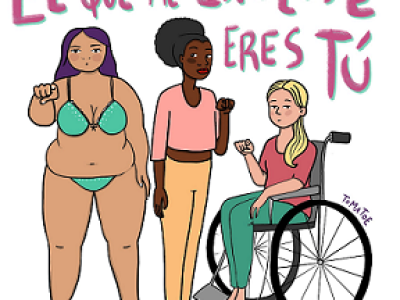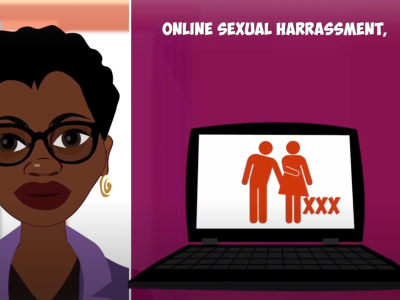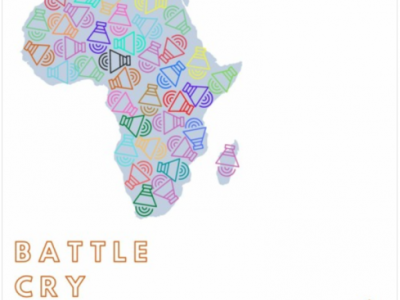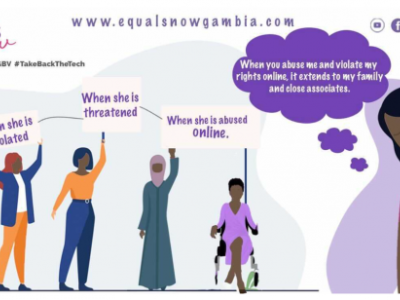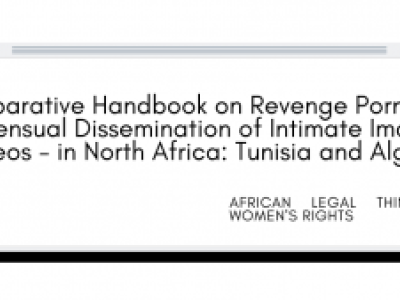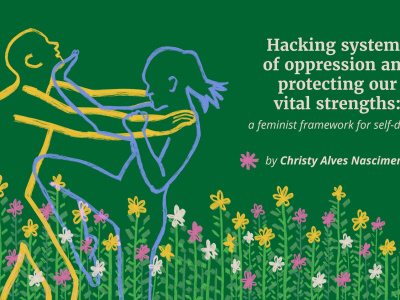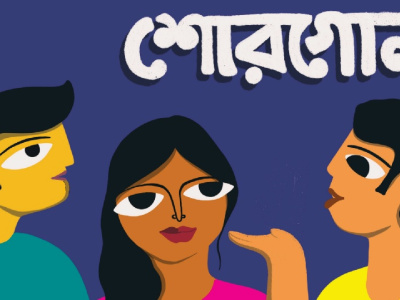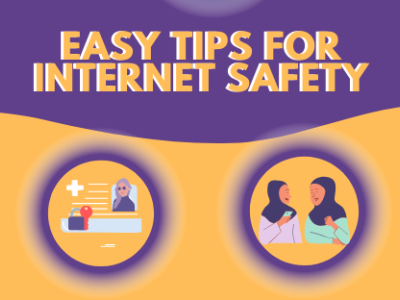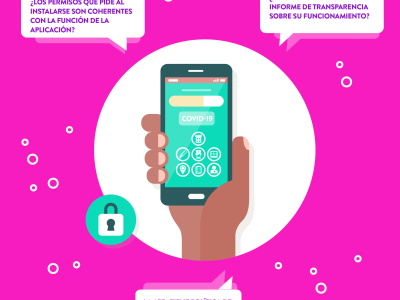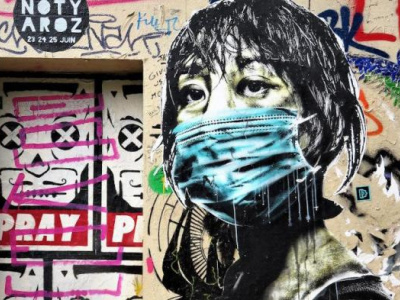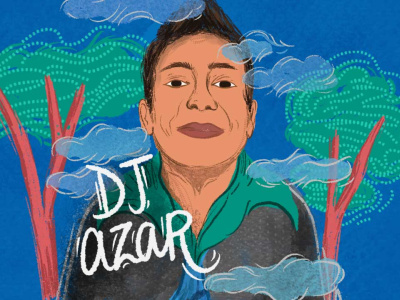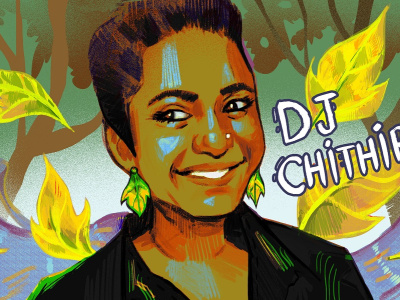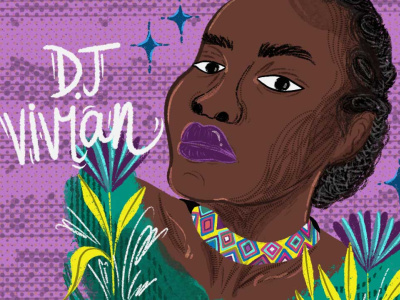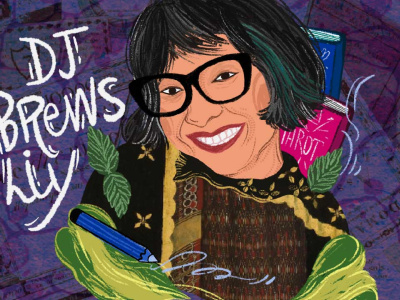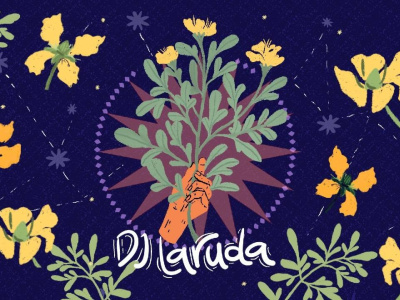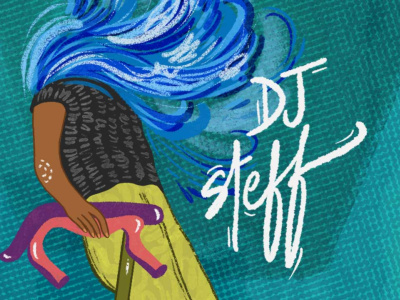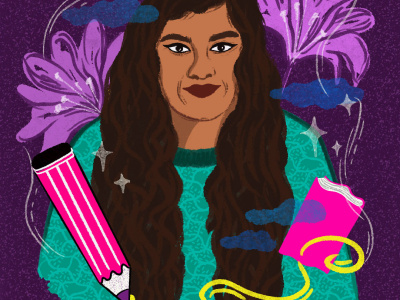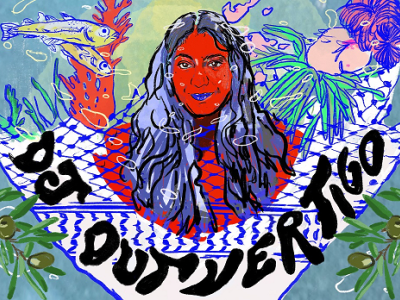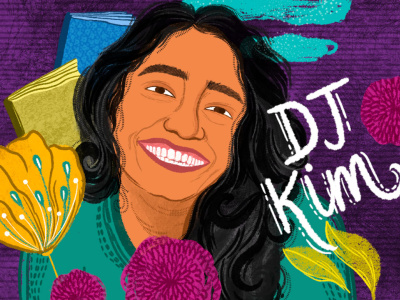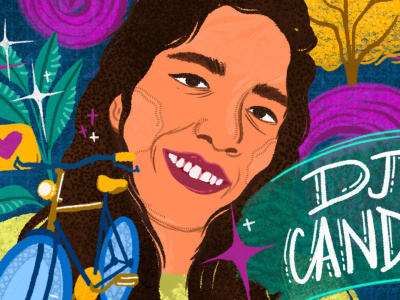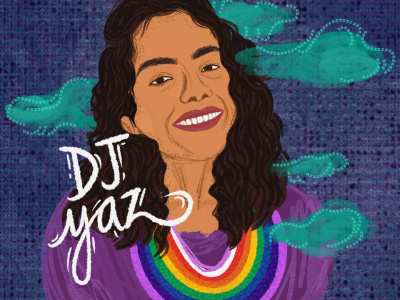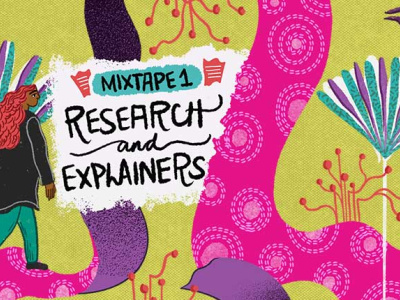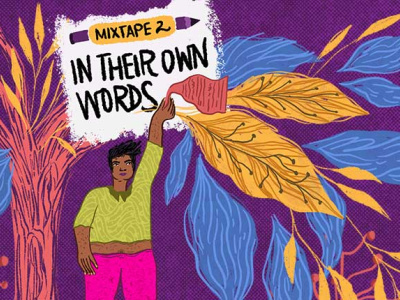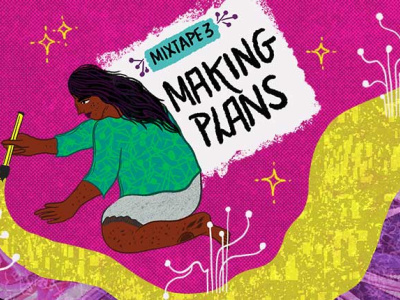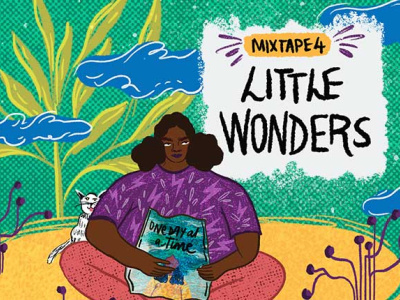In the context of creating feminist infrastructures, a call from the feminist collective Numun Fund sparked the creation of a workshop “Talking heads: creative translation of images for a feminist internet”, a space guided by feminist exploration that sought to make the internet more inclusive and focuses on the needs of people living with vision disabilities. In this article, we summarise the…
This piece is a part of a series of blogs to share experiences of various projects that came out of the All Women Count-Take Back the Tech! (AWC–TBTT) grants. This project was born out of the grant awarded to WOUGNET in 2020.
This piece is a part of a series of blogs to share experiences of various projects that came out of the All Women Count-Take Back the Tech! (AWC–TBTT) grants. Love, Sex and Tech was one such project born out of the grant awarded to Indu Harikumar in 2020.
Fighting patriarchy and ableism through pleasure work. Defining what pleasure is. Compiling Online Gender Based Violence (OGBV) research. Being kinky, queer and vulnerable online. Interviewing sex workers, coaches writers, researchers and artists. Embracing queer identity in the face of online violence. Understanding the experiences of African women who had faced various consequences due to OGBV…
Twenty projects from Africa and Asia and the diaspora received small grants in 2020 from the All Women Count - Take Back the Tech! initiative.All Women Count-Take Back the Tech! is a four-year project from 2017 to 2020 being coordinated by APC’s Women's Rights Programme (WRP) under the All Women Count consortium. The consortium’s concern is violence against women, in particular violence…
Image from Safe Sisters website. My project is highly motivated by what I learnt at the Making a Feminist Internet convening in 2019, amongst other things. I learned about the Feminist Principles of Internet in depth and I thought that women’s rights advocates could benefit even more if the work was translated into 3 major languages. This project was very personal to me. Selamawit T. Chaka…
Image via Sound The Call: Battle Cry Sound the call and this time, it’s a Battle Cry! In this voice note series, we share stories of gender-based resistance throughout the continent. In this ten-episode series, our voices will highlight stories of pain, healing, injustice, and our determination to change a system created to oppress us based on our gender and sexual identity.This is the…
Image via Pollicy’s artworks Research is an important tool which can be used to engage and empower people, but if it is difficult to understand or inaccessible, it can be seen as daunting by the people it should be helping and reaching. Pollicy aimed to break down this barrier and utilise more creative ways of sharing the data that they collect from their research. Neema Iyer is the founder and…
Graphic by Ousainou Jonga, copyright Equals Now.This is the first organisation in The Gambia to implement a project focused on online gender-based violence (OGBV) and start a national conversation about it. OGBV, particularly in The Gambia, targets feminists and activists who use online advocacy to work toward a better country for women. Having found that this important aspect of gender-based…
Image from the GLITCH Toolkit on online gender-based violence. Recent research highlighted that Black women are 84% more likely to be mentioned in abusive or problematic tweets than white women; that 83% of trans people have indirectly experienced online abuse and that 45% of LGBT+ people have witnessed homophobic, transphobic or bi-phobic abuse online. – Glitch Report: The Ripple Effect: COVID…
Image from Tunapanda Kibera comic strip. The community of Kibera in Nairobi is one of the largest urban informal settlements and is estimated to have a population of over 1 million. This community, like many across the continent, faced higher rates of gender-based violence (GBV) due to COVID-19. At the heart of this crisis is women, especially those in lockdown with abusive partners. A lesser-…
Image via Zine-ing a Feminist Internet The zine-making collective ‘No Sweetness Here’ was formalised through the AWC-TBTT grant process. The collective consists of Youlendree Appasamy and Wairimu Muriithi. Wairimu, a feminist reader, writer, editor and curator of cool things whose areas of research and writing include crime and criminality, queer cultural production, freedom of expression and…
Sodfa Daaji is a Tunisian-Italian feminist-abolitionist engaged in Europe and Africa. She advocates for women’s rights, and her activism focuses particularly on how culture, tradition and religion affect the achievement of women’s rights. She is also the founder and executive director of the African Legal Think Tank on Women’s Rights (ALTOWR) and the project lead for the Handbook. ALTOWR is a…
Image via Hacking systems of oppression and protecting our vital strengths: A feminist framework for self-defence by Anirban Ghosh (illustrator, designer).Self-defence and body-awareness training found me. Due to my own experiences of sexual assault, it bothered me that the majority of self-defence classes in South Africa – mostly aimed at women – were reduced to sequences of (sometimes…
It was as a martial arts practitioner that I first learnt the dark irony of violence. It very rarely looks like an anonymous attacker or a dark alleyway. It also doesn’t go around seeking a randomised, weak and vulnerable-looking target either. Rather, it shows up as an exercise of power by a mentor we respect, or by an intimate partner we love. It shows up in our schools, gym classes and news…
Shorgol presents brief stories regarding experiences and conversations around sexual agency and rights and the digital space. The illustrated stories are based on case studies, research and in-depth discussions with university-aged youth in the community. This graphic story is the result of research by an All Women Count - Take Back the Tech! grantee in 2020.
This piece was originally published by the Foundation for Media Alternatives (FMA). You can also consult their recent analysis, using the TBTT mapping tool, of online gender-based violence in the Philippines in this article. While the Internet has grown to become a basic need for people to access information, services, and form social connections and communities, it similarly allows for same…
This is not just another of the dozens of articles about COVID-19 apps already published in the media around the world. This post is based on the assertion that we women experience a continuum of surveillance over our bodies, and that this control is exacerbated during health crises. We are not safe when we move around cities. We are raped or killed just for walking down the street, but we are…
The world is suddenly and radically changed. But this is not the radical change that we as feminists, activists, thinkers and campaigners had hoped for. At the APC Women’s Rights Programme (WRP) we believe in putting people at the centre and leading with care and responsibility for each other, ourselves and the planet. We work towards imagining and making a feminist internet, and as much as the…
In October 2019, student protests ignited in Chile, the first was in response to an increase in transport fares in the capital. The movement rapidly gained momentum. It was a revolt against increasingly extreme inequalities, privatisation and neo-liberalism. Government repression was not long in coming: a state of emergency, curfews, internet shutdowns, censorship on social networks, police…

